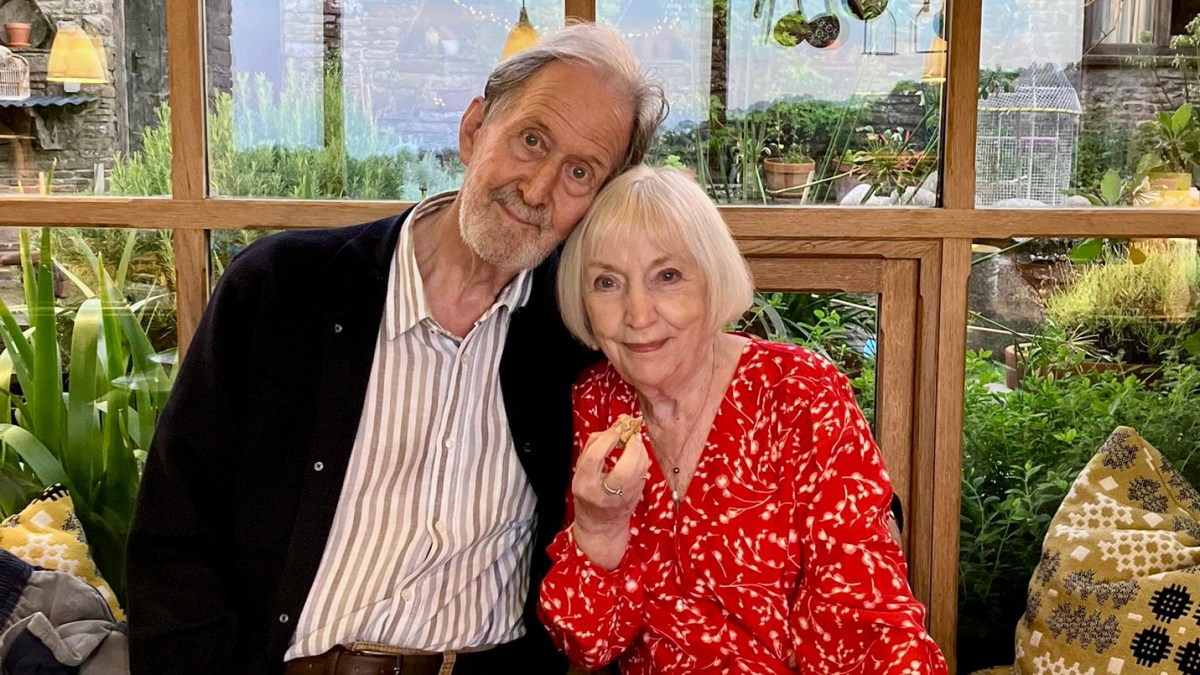Last week I took my 85-year-old mother to stay in a hotel that was once her teacher training college. We had a wonderful time apart from one small detail. She went around telling some of the staff about what it used to be like (actually she told pretty much all of the staff), showing them photographs from when she arrived as a fresh-faced student in 1959. “Bless,” quite a few of them said. Not about her but actually to her face. My mother was quietly cross about this. “I feel the same as I ever have,” she told me. “Why do I have to put up with people patronising me because I am 85?”
It’s a good question, especially since my mother neither looks nor behaves like she’s 85. She could be a poster girl for ageing well. She told me that her own mother used to repeat, “It’s no fun getting old!” My mother acknowledged that this did seem to be true but countered with her own boundless optimism: “You can make it fun but it’s hard work!” She’s certainly putting in that hard work. My mother’s life reads like an Age UK tips for better ageing to-do list.
1. Staying active: she goes to a barre class every Monday morning
2. Prioritising yourself: she has regular massages and manicures, meets friends for book group and cinema trips.
3. Focusing on strength and balance: see that Monday barre class, also an exercise regime for other mornings.
4. Functional fitness: this means things like taking the stairs instead of the lift, so she certainly does this — my parents live in the house they’ve lived in for 47 years.
5. Getting active with others.
6. Maintaining your independence.
7. Being consistent.
So yes, tick, tick and tick.
• Am I fit for my age? Exercises for your 30s to your 70s
Because my mother is vice-chair of governors at a local primary school (she’s a retired head teacher). She’s involved in local politics. She travels to London regularly to visit family — with my father, luggage and their small dog — using the train and Tube with the only concession to advanced years being that someone must meet them on the Tube platform to help carry the luggage up the steps to street level.
And my father? He’s also 85. He’s just published another book. He’s an academic who never really retired. He’s giving a talk in October and a lecture in November. In the mornings he rows on his rowing machine for half an hour. Although he does give himself the weekends off, the slacker!
OK, you might say, that’s great. What does it matter if those staff in that hotel were patronising? But the language we use to and about older people does matter and not just as a point of courtesy.
A psychological experiment at Yale University in which negative words such as frailty and decrepitude were flashed up so quickly that they were processed subliminally found that the older people who saw these words performed worse in subsequent cognitive testing. And words affect how we physically age. Research undertaken by Professor Rose Anne Kenny at Trinity College, Dublin, revealed that older adults with negative perceptions about ageing are likely to die seven and a half years earlier.
• How to stay fit and healthy after 70: the smart ageing guide
My parents are certainly positive about ageing in both words and deeds. Perhaps the best example of this is that they took on a dog — an eight-week-old puppy, no less — at the age of 80. I recall my mother saying at the time, “This will either kill us or it will keep us alive!” I replied: “I think it will keep you alive for a while … and then it will kill you!” I was joking, of course. But still, it was a leap of optimism with the idea being that if (when, I suppose) one of them is left without the other then the dog will keep that person company.
In addition to all of the above, my parents walk their dog every day and he is the shining light of their extremely full lives. It’s not only dogs who will suffer if you give them a bad name but older people do too. So less of the “bless” when addressing them, please.

